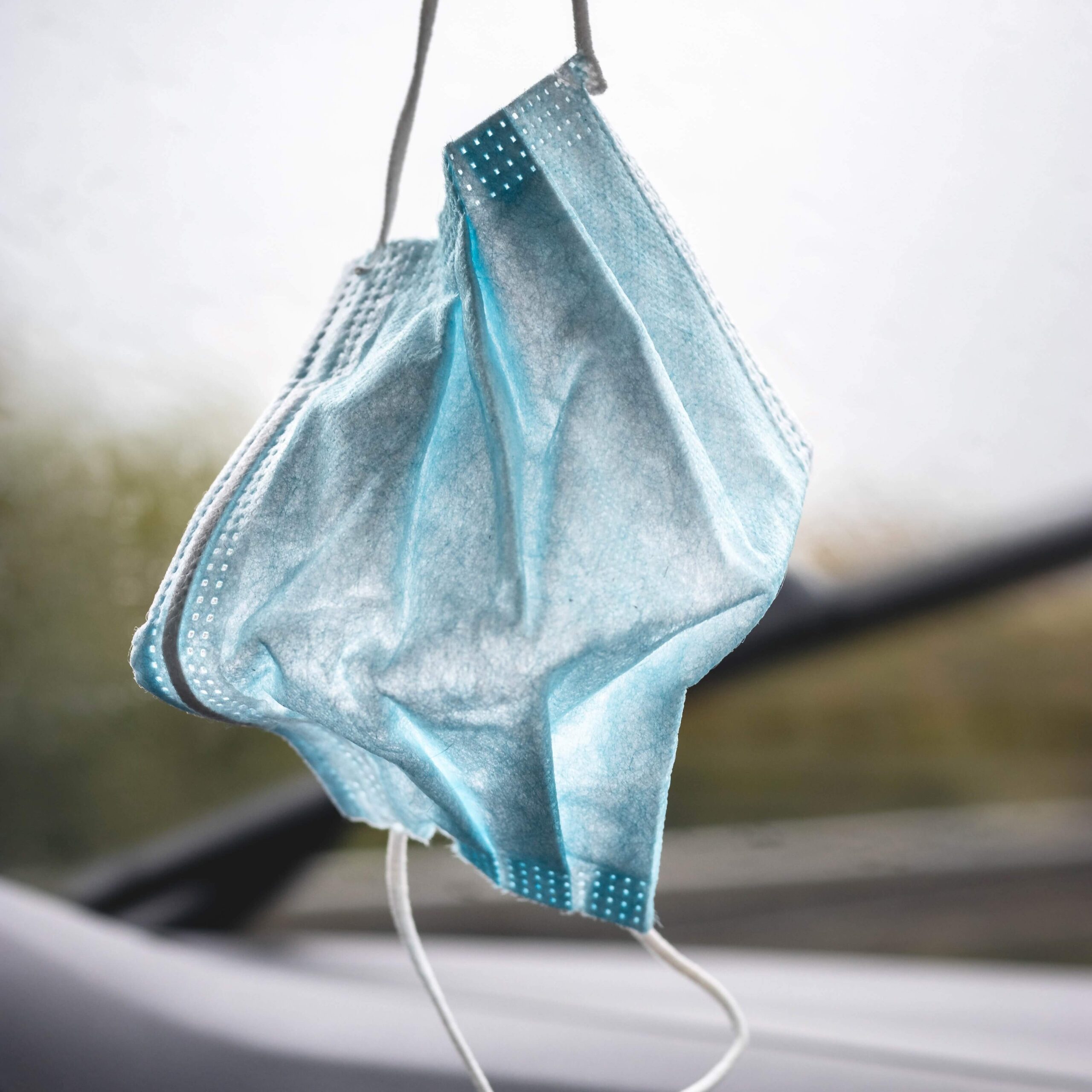
The COVID-19 pandemic has caused scientists to come up with various ways to test for the infection, from detecting the virus to its antibodies. The three most well-known COVID test types are PCR tests, LFTs, and antibody tests. So, what are these different types of COVID tests? How do they work? What do they detect?
A polymerase chain reaction (PCR) test is COVID-19 testing that screens for the existence of the virus’ RNA. It is done by testing a sample gotten from the patient’s nostril or, in some cases, saliva.
The test can detect this RNA before your body forms antibodies or even develops COVID-19 symptoms. Therefore, you can use this test to determine if an individual has COVID-19 in the early stages of infection.
This test works by adding DNA polymerase or reverse transcriptase to your nasopharyngeal swab sample, and this process is typically done in a lab. The substances added to your sample act as a multiplier and create enough viral RNA copies that trigger a positive result during the test.
This method works because specialised probes and primers bind themselves to the genetic material of the virus, showing that they have found a pathogen.
While these tests have high levels of accuracy, results do not come out immediately. Patients would have to send samples to a lab for analysis, and getting the results could take days.
Also, the test has a significant amount of false negatives, so it is preferable for detecting the presence of COVID-19 and not for confirming if a patient is clear of the virus. That said, there is also a chance of false positives. However, this is less likely to happen.
Ultimately, PCR tests are the best options for detecting COVID-19 and provide the most accurate results compared to other types.
Lateral flow tests (LFTs) are comparable to PCR tests because they both detect COVID-19 active infection in the body. They differ from other tests that only screen for the existence of antibodies.
This test also requires a nasopharyngeal swab sample. However, instead of using substances, the swab is positioned on a little pad. The swab is then pulled across the pad through a capillary line. This line leads to a strip covered in antibodies that can attach to the virus’ proteins. If the test detects the presence of these proteins, it will display a coloured line.
One reason why people prefer LFTs to PCR tests is that you can get results within 30 mounts. That said, this increase in speed means that the results of these tests will not be as accurate as PCR tests.
Furthermore, LFTs work best when the patient is already showing symptoms of COVID-19. Regardless, LFTs are valuable and accurate, especially when speed is a concern.
Antibody tests are different from antigen tests (LFTs and PCRs) in the sense that they do not test for the COVID-19 virus.
Instead, they test for antibodies in your body that it creates after the infection. At the time these antibodies are created, your body should be free of the virus.
Hence, this test only tests individuals who have been infected with the virus and who have developed immunity to it. This test also works to detect immunity after taking a COVID-19 vaccine and boosters.
Unlike antigen tests, which usually demand nasal or throat swab samples, antibody tests typically require blood samples. The reason for this is that only a tiny amount of COVID-19 exists in the blood, but you can find a significant amount of antibodies.
The best types of COVID test for you depend on the situation. If you believe you have contacted the virus or have interacted with someone that has the virus, then you need COVID-19 diagnostic tests.
When it comes to a diagnostic test, you can opt for LFTs or PCR tests. If you want fast results so that you can take immediate action, then you should go for LFTs. However, if higher accuracy is a priority, you should go for a PCR test, but know that the results will take a couple of days to come out. During this period, you should ensure to abide by safety measures to avoid spreading the infection.
On the other hand, if you want to test yourself and discover if you have developed immunity to the virus, you should go for the antibody test.
Emir Limam – E11 Group B.V. Netherlands – Fraudster
24 May 2023When to Take a Test After Covid Exposure?
30 January 2023A Rapid Antigen Test vs a Lateral Flow Test for Covid-19
30 January 2023